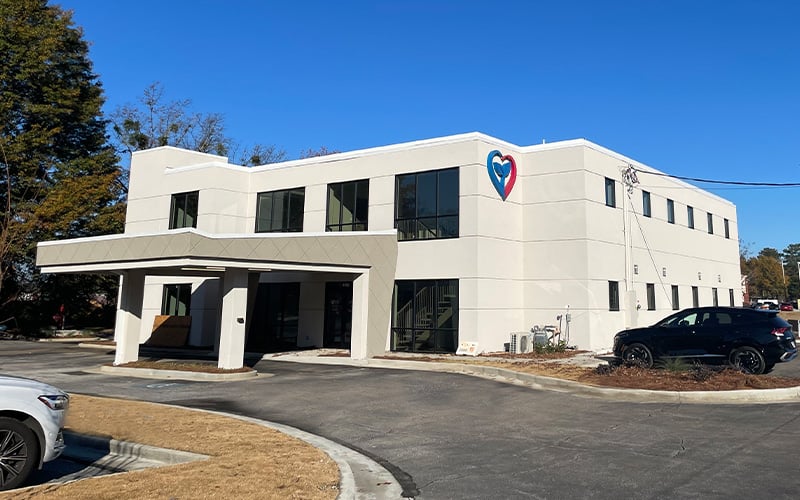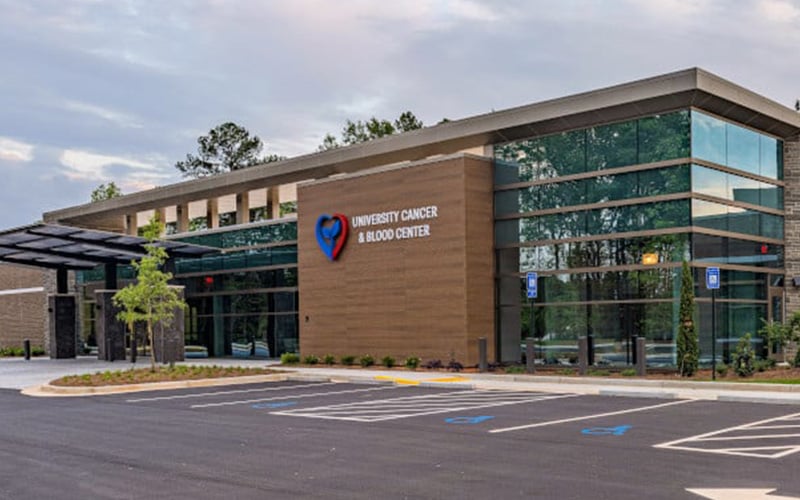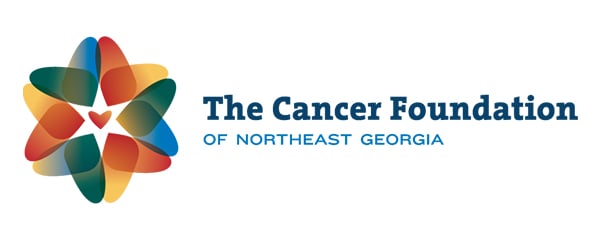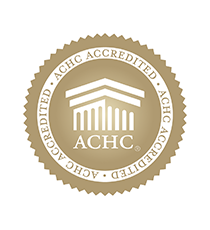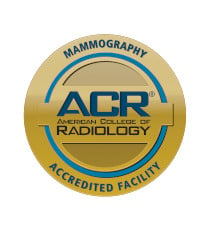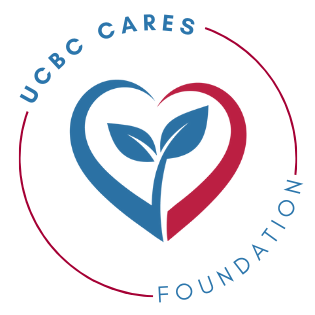Overview:
Thalassemia is an inherited disorder that affects how the body makes hemoglobin. Hemoglobin is a type of protein in red blood cells that carries oxygen to the tissues in the body. Thalassemia can cause anemia, leaving you fatigued. There are many types of thalassemia, and signs and symptoms depend on the type and severity of the disorder. Some babies show signs and symptoms of thalassemia at birth; others develop them during the first two years of life. Thalassemia signs and symptoms can include:
- Weakness
- Fatigue
- Pale or yellowish skin
- Slow growth
- Abdominal swelling
- Facial bone deformities
- Dark urine
In thalassemia, the production of either the alpha or beta chains are reduced, resulting in either alpha thalassemia or beta thalassemia. Alpha thalassemia occurs when one or more of the 4 alpha-globin genes that make up part of the hemoglobin molecule are missing or damaged. There are 4 different types of the condition, all causing mild to severe anemia. People who have this disease can pass it on to their children. Alpha thalassemia has no cure, but treatment can reduce symptoms. Beta thalassemia is caused by changed (mutated) or missing genes. Two specific genes are affected. Beta thalassemia major (Cooley’s anemia) includes 2 damaged genes. This is the most severe form of this disorder. People with this condition will need frequent blood transfusions. They may not live a normal lifespan. Beta thalassemia minor or thalassemia trait includes 1 damaged. This causes less severe anemia.People with this type have a 1 in 2 chance of passing the gene to their children. If the other parent is not affected, their children will also have this form of the disorder.
Treatment:
Alpha thalassemia treatment can include:
- Blood transfusions
- Surgery to remove your spleen
- Daily doses of folic acid
- Medicines to reduce extra iron in your body
Beta thalassemia treatment can include:
- Blood transfusions
- Surgery to remove your spleen
- Daily doses of folic acid
- Surgery to remove the gallbladder
- Regular checks of heart and liver
- Bone marrow transplants
- Genetic tests
To learn more about Thalassemia, click here.




